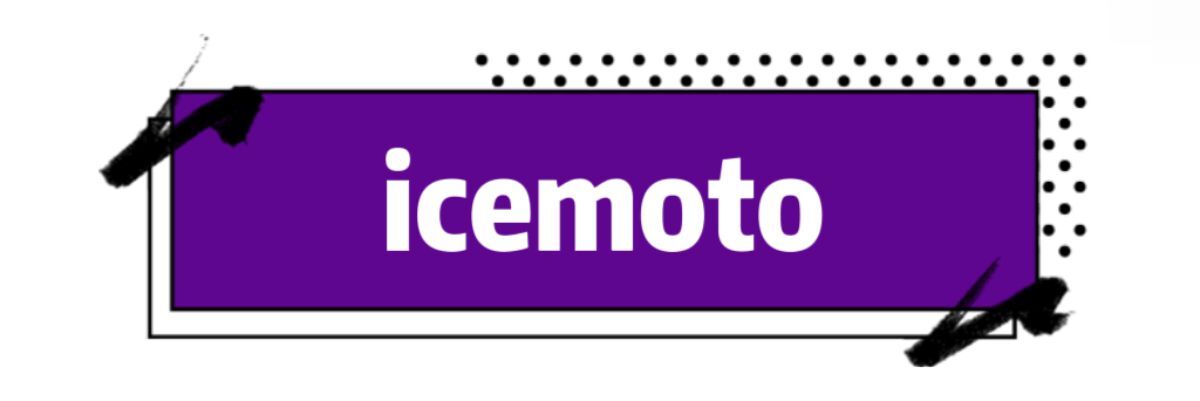Understanding GRS Recycled Silicone Labels for Sustainable Packaging
Sustainable packaging has become increasingly vital in today's environmental landscape, prompting brands to innovate while embracing eco-friendly practices. One of the most notable advancements in sustainable materials is GRS recycled silicone labels, which are attracting attention for their potential benefits in waste reduction and improved recyclability. This article explores expert insights on the advantages and implications of integrating GRS recycled silicone labels into sustainable packaging.
What is GRS Recycled Silicone?
The Global Recycled Standard (GRS) certification guarantees that materials are made from recycled content while adhering to strict environmental and social criteria. GRS recycled silicone labels are created from silicone reclaimed from waste products, making them a perfect choice for brands committed to sustainable alternatives.
Expert Insights on GRS Recycled Silicone Labels
1. Enhancing Brand Sustainability
Dr. Angela Hayes, an environmental scientist, highlights that "using GRS recycled silicone labels showcases a brand's commitment to sustainability. It communicates to consumers that the brand is taking tangible steps to reduce its environmental footprint." This transparency can enhance customer loyalty, particularly among eco-conscious consumers.
2. Versatility and Durability
Packaging specialist Tom Lee remarks that "silicone labels are not only versatile but also durable. They can withstand various conditions without degrading, which is crucial for products requiring long-lasting labeling." This durability minimizes the need for frequent replacements, further reducing waste.
3. Impact on Recycling Systems
Maria Gomez, a waste management expert, indicates that "the use of GRS recycled silicone labels can positively impact existing recycling systems. By integrating recycled materials, companies significantly contribute to closing the loop within the packaging cycle." This integration improves the overall effectiveness of recycling initiatives.
4. Consumer Perception
Market researcher James Anderson shares that studies indicate "consumers are increasingly favoring brands that utilize sustainable packaging. GRS recycled silicone labels can enhance a brand’s image by aligning with consumer values surrounding sustainability." This alignment may offer a competitive advantage in the marketplace.
5. Challenges in Adoption
Despite the clear benefits, challenges remain. Supply chain analyst Laura Chen cautions that "the initial costs associated with sourcing GRS recycled silicone may be higher than traditional options. Yet, the long-term environmental benefits often outweigh these costs, especially as consumer demand for sustainable products grows." Brands must consider these factors when contemplating a transition to recycled materials.
The Future of GRS Recycled Silicone Labels
As industries move toward a more sustainable model, GRS recycled silicone labels are poised to play a crucial role in the development of eco-friendly packaging solutions. By implementing these labels, brands contribute not only to environmental conservation but also position themselves advantageously in a competitive market.
Conclusion
In conclusion, GRS recycled silicone labels offer a forward-thinking and sustainable packaging solution. Experts agree on their advantages, which include enhanced brand sustainability, versatility, and positive consumer perception, although they also acknowledge potential challenges in adoption. As the movement towards sustainability continues to influence consumer preferences and regulatory frameworks, brands that adopt GRS recycled silicone labels will be well-equipped to lead in the future of sustainable packaging.
For more information, please visit our website.
If you are looking for more details, kindly grs recycled silicone label leading and how to put on patches without iron.


